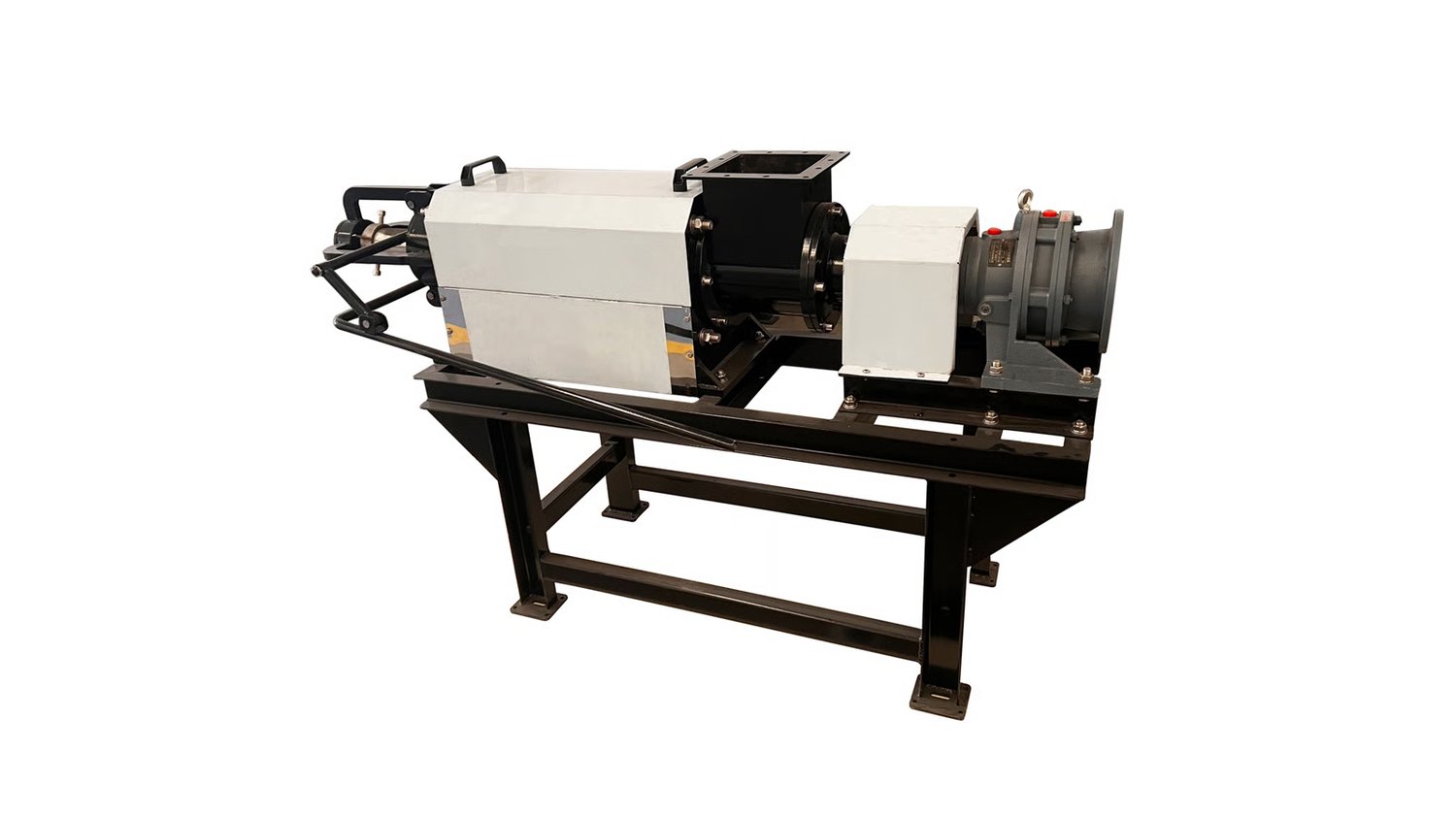Corrosion-resistant separator construction is a process of building separators or barriers that are resistant to corrosion. This construction method involves using materials and coatings that can withstand the effects of corrosion, such as rust or decay.
Benefits of Corrosion-Resistant Separator Construction
One of the main benefits of using corrosion-resistant separator construction is the longevity of the structure. By implementing this method, you are ensuring that your separators will last for a longer period of time without needing repairs or replacements.
Materials Used in Corrosion-Resistant Separator Construction
There are several materials that are commonly used in corrosion-resistant separator construction. Some of these materials include stainless steel, galvanized steel, PVC, and fiberglass. These materials are known for their ability to withstand corrosion.
Applications of Corrosion-Resistant Separator Construction
Corrosion-resistant separator construction is widely used in various industries and applications. Some common applications include wastewater treatment plants, oil refineries, chemical processing plants, and power plants.
Importance of Proper Maintenance in Corrosion-Resistant Separator Construction
While corrosion-resistant separator construction can prolong the lifespan of separators, proper maintenance is still crucial. Regular inspections and upkeep can help identify any issues early on and prevent corrosion from damaging the structure.
Environmental Impact of Corrosion-Resistant Separator Construction
Using corrosion-resistant materials in construction can have a positive environmental impact. By building structures that are more durable and long-lasting, we can reduce the amount of waste generated from repairs and replacements.
Cost Considerations of Corrosion-Resistant Separator Construction
While corrosion-resistant separator construction may have higher initial costs compared to traditional construction methods, the long-term savings can outweigh the upfront expenses. Investing in quality materials can result in fewer repairs and replacements in the future.
Regulatory Compliance in Corrosion-Resistant Separator Construction
Many industries have regulations in place that require the use of corrosion-resistant materials in certain structures. Adhering to these regulations is essential not only for compliance but also for ensuring the safety and efficiency of the separators.
Challenges in Corrosion-Resistant Separator Construction
One of the challenges in corrosion-resistant separator construction is finding the right balance between cost and quality. It can be difficult to determine the most cost-effective materials that also provide the necessary level of corrosion resistance.
Future Trends in Corrosion-Resistant Separator Construction
As technology advances, we can expect to see even more innovative materials and construction techniques being used in corrosion-resistant separator construction. These advancements will not only improve the durability of separators but also enhance their overall performance.
Quote Inquiry
contact us

